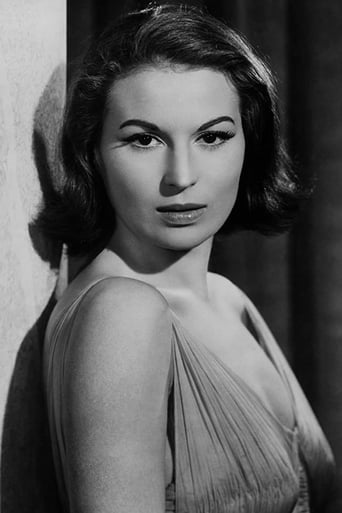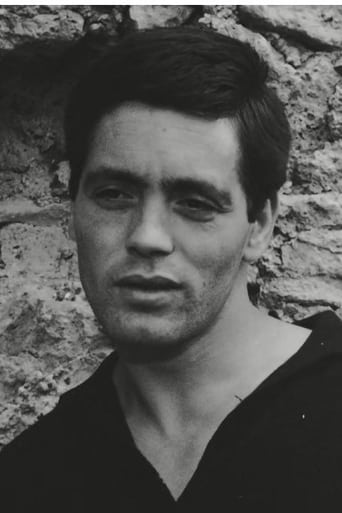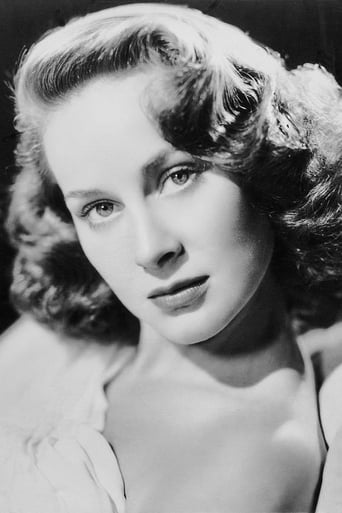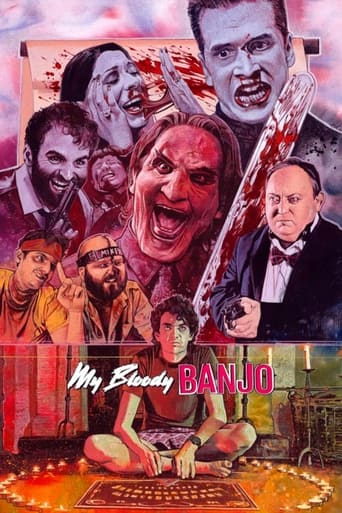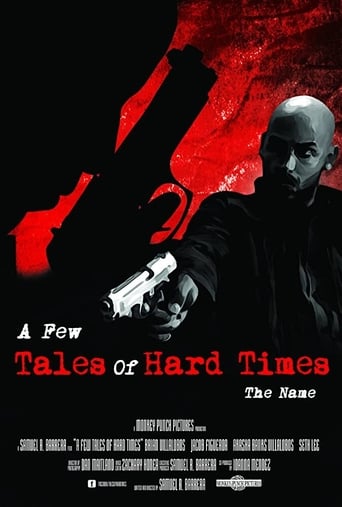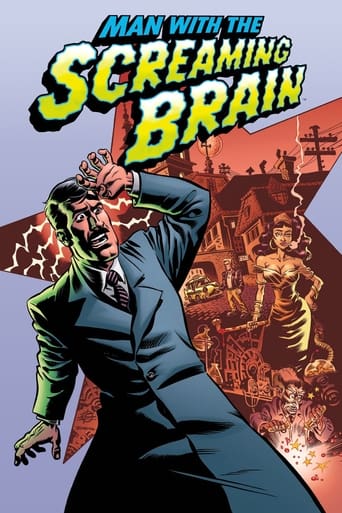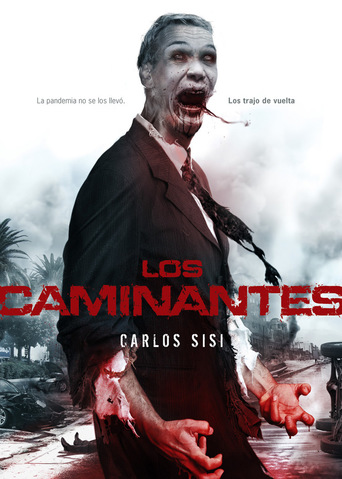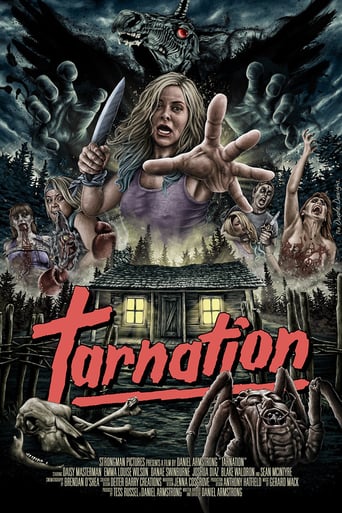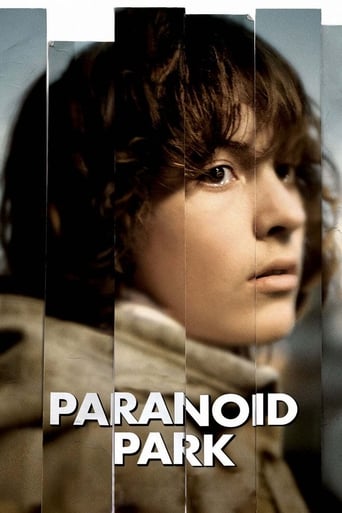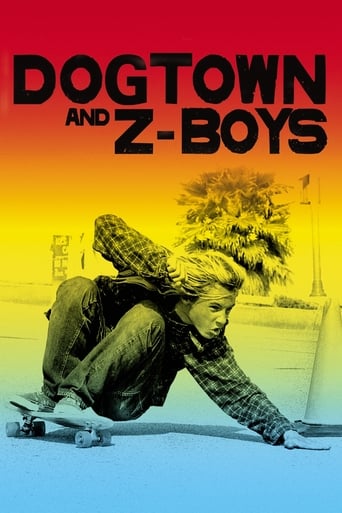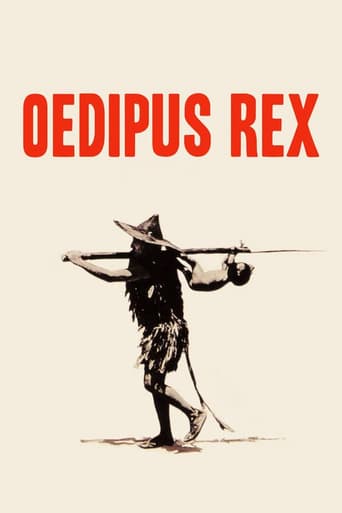
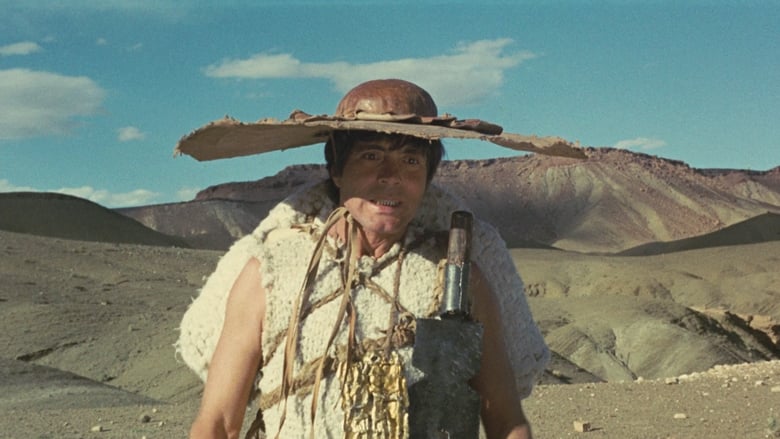
Oedipus Rex (1967)
In pre-war Italy, a young couple have a baby boy. The father, however, is jealous of his son - and the scene moves to antiquity, where the baby is taken into the desert to be killed. He is rescued, given the name Edipo (Oedipus), and brought up by the King and Queen of Corinth as their son. One day an oracle informs Edipo that he is destined to kill his father and marry his mother. Horrified, he flees Corinth and his supposed parents - only to get into a fight and kill an older man on the road…
Watch Trailer
Cast


Similar titles
Reviews
one of films who remands. the rules of Greek tragedy. the limits of interpretation. the manner to use the myth as contemporary mirror. the art of Piero della Francesca. the conflict between past and present. a film of actors. because each trace of acting defines not the vision of Pasolini about the fate of king from Thebes but its search of truth. the truth - basis of all. Edipo re impress. for atmosphere, for costumes and the use of myth.the eyes of Franco Citti. the presence of Silvana Mangano. the first scenes who are parts from a possible Visconti. the end as warning about the price of fight against yourself. Edipo re is support for reflection. not a new version of well known myth because the important details of myth are insignificant. not example of high art. because it is far to be a show. it is only exploration of meanings. and the sketch about different forms of pride and sacrifice. looking for authenticity. precise definition of life.
Pier Paolo Pasolini's Oedipus Rex is a relatively faithful adaptation of Sophocles' Greek tragedy Oedipus the King. Beginning in 1920's Italy, a baby boy is born and is instantly envied by the displaced father. The setting then changes to ancient times, where a baby boy is being carried out into the desert by a servant to be left out to die from exposure. He is eventually picked up by a shepherd, who takes him back to the King and Queen of Corinth, who adopt the youngster and love him like one of their own. The child grows up to be Edipo (Pasolini's frequent collaborator Franco Citti), an arrogant youth who wishes to see the world for himself. And so he set out on the road to Thebes, the place of his birth.Plagued by a prophecy that dictates he is destined to murder his father and marry his mother, Edipo is a tortured but intuitive soul. He murders a rich man and his guards after they demand he clear a path for them on the road, and later frees a town from the clutches of a Sphinx by solving its riddle. Staying true to his own recognisable style, Pasolini tells the story of Oedipus not with a sweeping narrative, but through a collection of comedic, violent and often surreal vignettes, the most bizarre and ultimately thrilling being the scene in which Edipo murders the guards. He runs away from them as they chase him, before charging at them one by one and cutting them down. It's a moment without any real motivational insight, offering but a glimpse into Edipo's damaged psyche.Post-Freud, the story of Oedipus cannot be experienced without reading into the incestuous and patricidal undertones. But these themes are less explored by Pasolini than the idea of Edipo being ultimately responsible for his own downfall. Rather than the inevitability of fate, Edipo creates his own path, committing murder on a whim and marrying while blinded by ambition. For a bulk of the film, Pasolini keeps the audience at arm's length, favouring his own brushes of surrealism over a traditional narrative. While this may be occasionally frustrating - the pre-war scenes than book-end the film seem out of place and confusing - Citti's wide-eyed performance is a fantastic distraction, and the Moroccan scenery helps provide a ghostly, Biblical atmosphere as well as a beautiful backdrop.
Like in other Pasolini movies, we have here two parallel told stories: There is a first "Oedipus", in the 20ies of the 20th century, a baby is nursed by his beautiful mother, sitting on a meadow. His father is afraid that the baby will steal his love. Then there is the second "Oedipus", based on Sophocles, but very freely interpreted by Pasolini, both what concerns the landscape (Southern Italy, Maroque) and the costumes, as well as the original texts (Pasolini shows parts of "Oedipus on Kolonos"). Otherwise, we are told here the mystic story of Oedipus, who is left by his parents, grows up with the king of Korinthos, gets to kill his father and to marry his mother, being fully unaware of what he is doing: he is doomed. At the end, the first Oedipus is coming back: As a blind beggar (the mystic Oedipus was blinded on his own wish) he sits in front of the cathedral of Bologna, is accompanied by a young boy and seeks that meadow where the movie started."Edipo Re" (1967) is one of those films by P.P. Pasolin about which we have extensive comments by the author and film director. Pasolini considered this film autobiographic, being himself that baby on that meadow suckling the milk from his beautiful mother's breast and causing unintentionally his fascist-fathers hatred. He made himself responsible for the death of him whom he loved and hated at the same time. Also, in this picture, there is the complicated relationship of the gay-man towards his mother which Pasolini called "latent". Pasolini wrote that he intended a completely metaphorical and mysticized autobiography, but instead of projecting the myth onto psychoanalysis, he would project psychoanalysis on the myth. So, there is only to say that we know Pasolini's mother Susanna from several of her son's movies in which she played minor, but often crucial roles - in the "Gospel according to St. Matthew" she was the old Marie ... .
I have heard some say this film, as far as it interprets the old legend, is "a piece of c***". I would not go that far, there are some good bits, but Pasolini's approach to telling a story on film is definitely not to my taste. The editing is rough, some of the actors just seem to walk through, like Silvana Mangano as Iocasta, others, like Pasolini himself as Oedipus seem in a constant manic state. You have to look fast to see Alida Valli as Merope, but her performance is the one I remember with the most pleasure. The camera work is unrelentingly stark to the point of boredom. And why, in the name of Pete, that modern "book-end" at the beginning and the end? No sense at all to it, unless Pasolini is trying to say "this is a story for all ages", but, heck, I already knew that.The story as Pasolini tells it follows Sophocles fairly well, with touches taken from Homer, but he doesn't mind going off on his own once in a while. If there is anyone who doesn't know the story, don't read any more until you have seen the film (there's an excellent DVD). In Sophocles, after Oedipus finally realises he has killed his father and fathered four children with his mother as his wife, he blinds himself. Pasolini leaves us there by going back to his modern conclusion. Actually, in the legend, his two daughters, Ismene and Antigone (subjects of another play by Sophocles) guide him on his way to Athens where he ultimately dies. I wish Pasolini had at least given us a glimpse of the girls and this journey. Oh, well, just call me a philistine who doesn't appreciate "real art".


